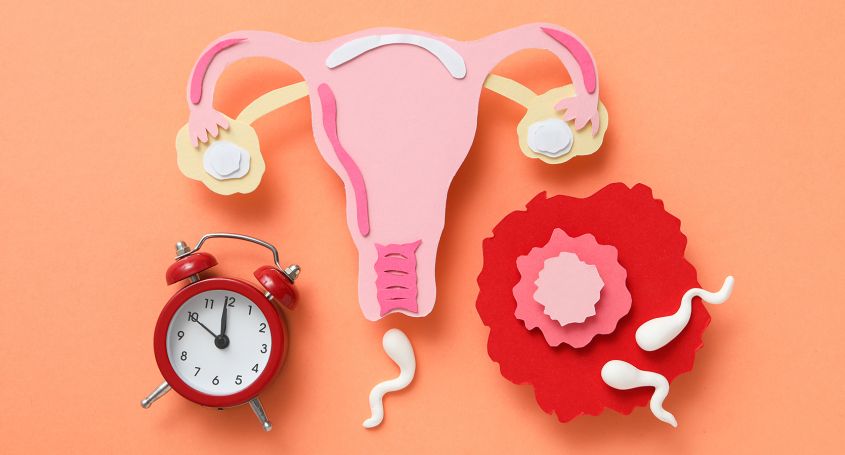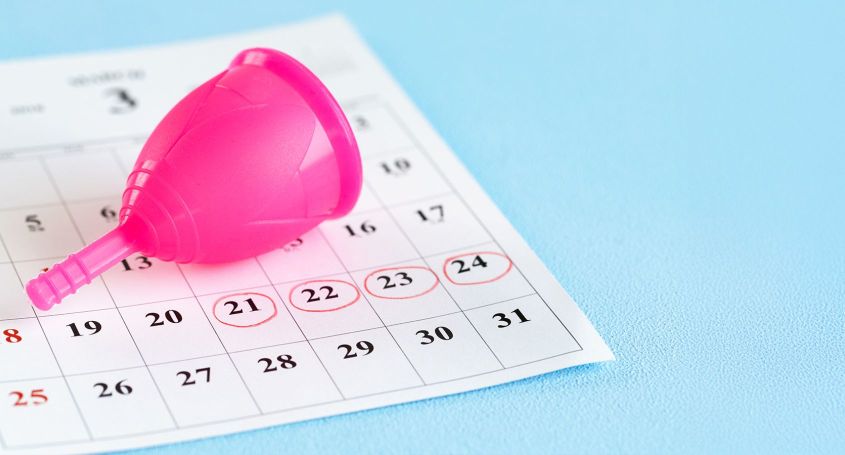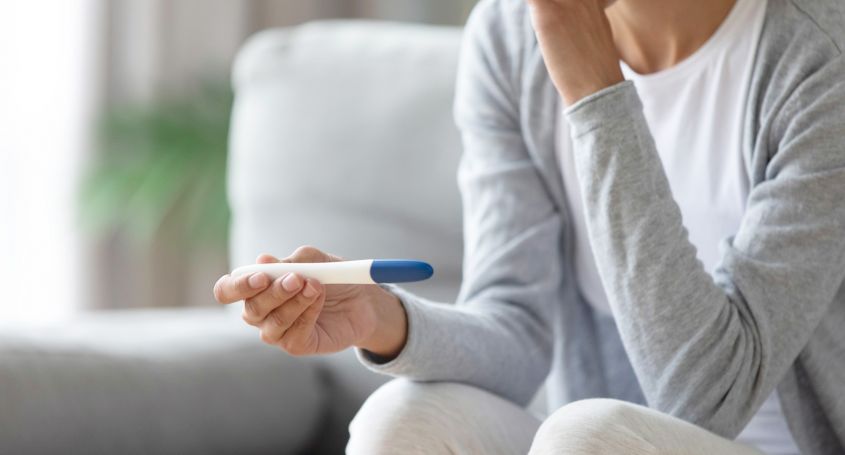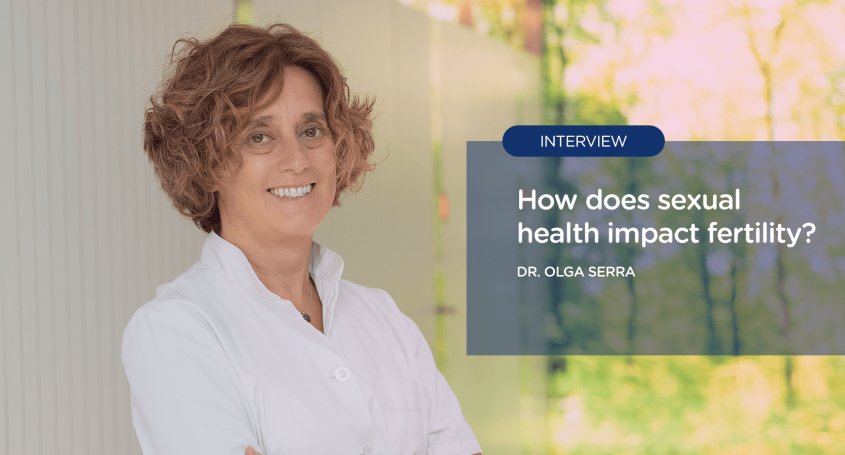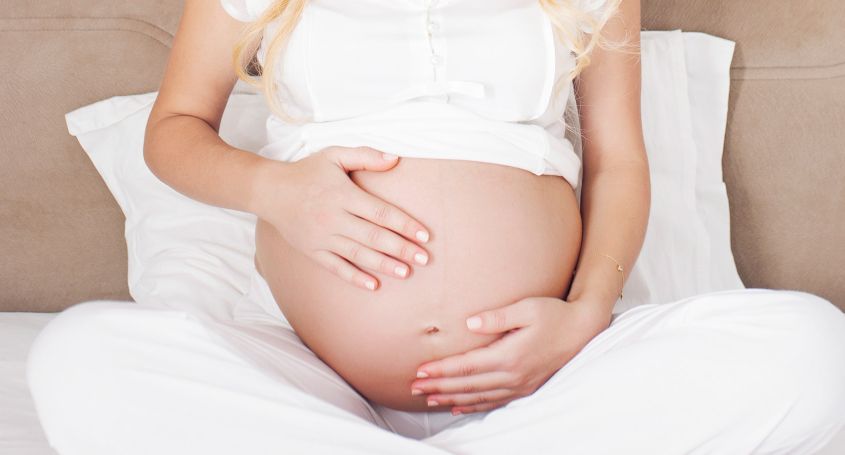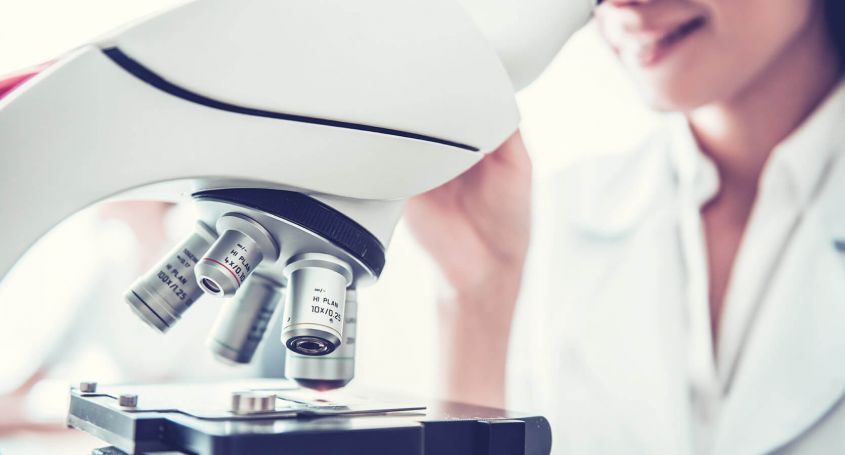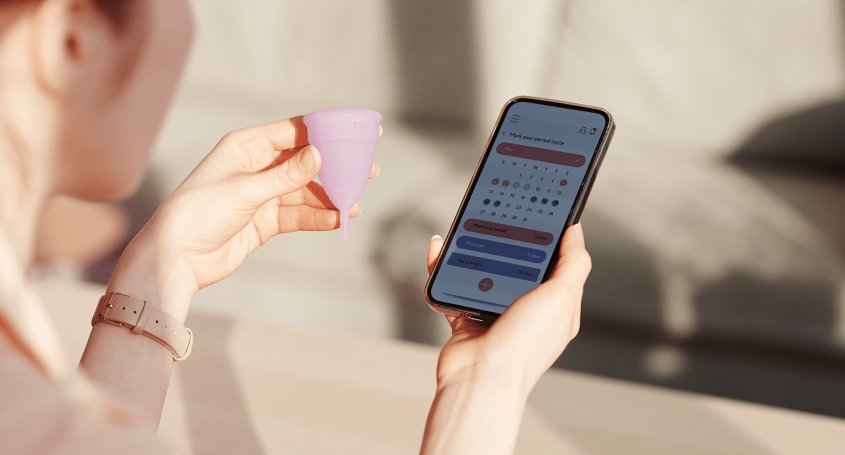A fertility calculator is a tool designed to estimate the chances of conceiving based on a woman's age. These calculators are based on statistical data on the natural decline in female fertility over the years.
Age as a limiting factor in fertility
Age is one of the most important determinants of a woman's reproductive capacity. As we get older, especially after the age of 35, the ovarian reserve diminishes and the quality of the oocytes is naturally affected. This reduces the chances of pregnancy and increases the risk of complications such as miscarriage or aneuploidy.
What parameters does a fertility calculator take into account?
Although many fertility calculators are limited to age alone, the more comprehensive ones consider other relevant factors to provide a more accurate estimate, such as:
- Length of menstrual cycle.
- Date of last menstrual period.
- Length of infertility.
- History of gynaecological diseases (endometriosis, polycystic ovarian syndrome, gynaecological surgeries, etc.).
- Number of previous attempts or previous pregnancies.
- Male-related factors (age, lifestyle, reproductive health...).
Once these data are entered, the tool uses models based on clinical studies and epidemiological data to provide an estimate of the probability of conceiving.
It is important to note that these tools provide general estimates and are not a substitute for a personalised assessment by an assisted reproduction specialist.
Is an age-based fertility calculator the same as a fertile days calculator?
Although they may seem similar, the two tools serve different functions. The age-specific fertility calculator estimates the overall probability of pregnancy, taking age as the primary variable. In contrast, the ovulation or fertile days calculator predicts which days of the menstrual cycle have the highest probability of conception.
What options are available if fertility is compromised by age?
Advances in reproductive medicine have expanded the possibilities of conceiving, even when age is a barrier. Among the main options are:
- In vitro fertilisation (IVF) treatments.
- Egg donation .
- Preimplantation genetic diagnosis (PGD), which allows the genetic load of embryos to be analysed before transfer to the uterus, with the aim of reducing the risk of genetic abnormalities and improving pregnancy rates.
Age-specific fertility calculators can be useful in raising awareness of the impact of age on reproductive capacity. However, they should always be accompanied by specialised medical advice in order to obtain an accurate diagnosis and to know the best options in each case.
Dr. Cristina Guix
Gynaecologist and fertility expert in Barcelona IVF
